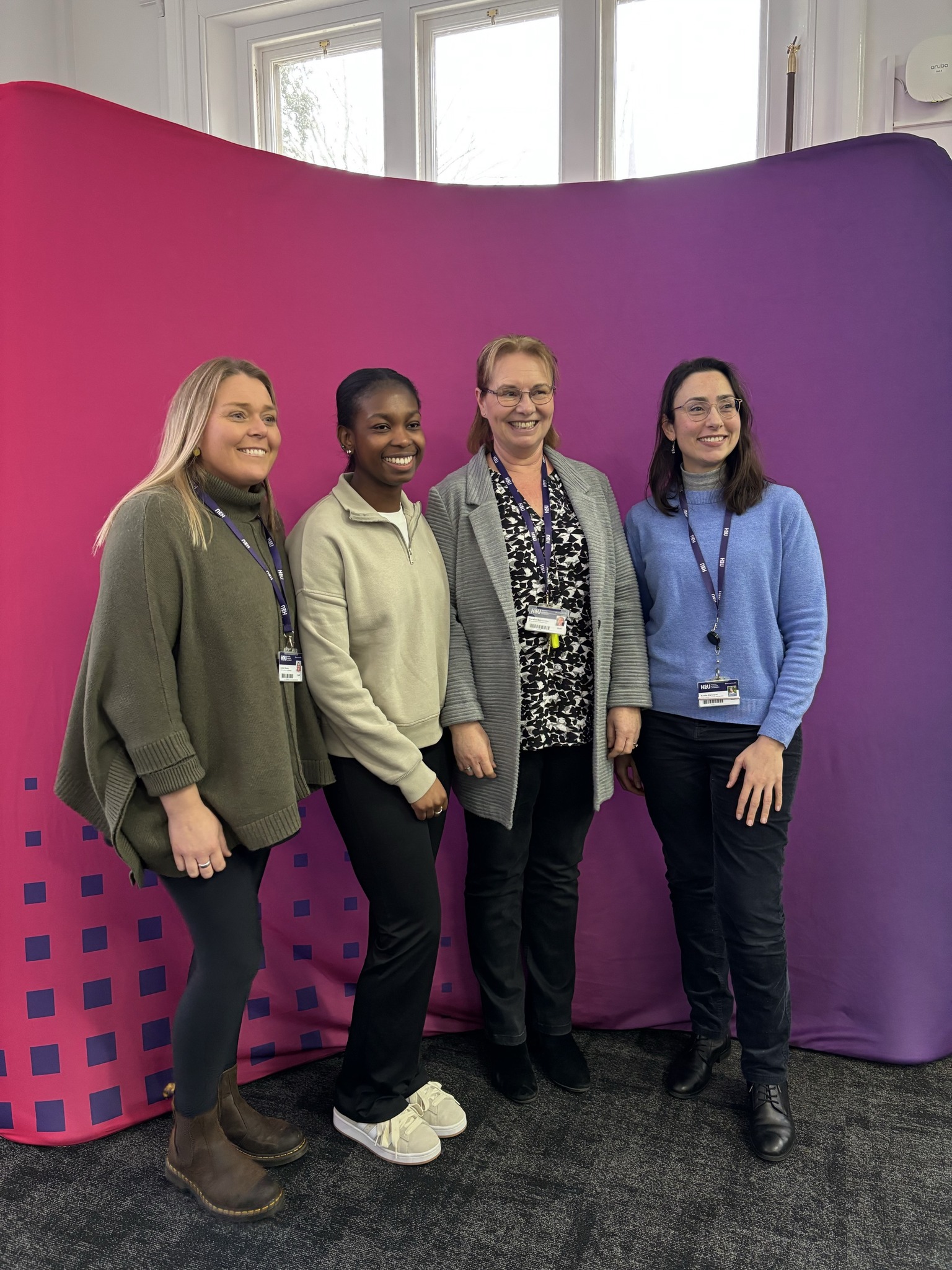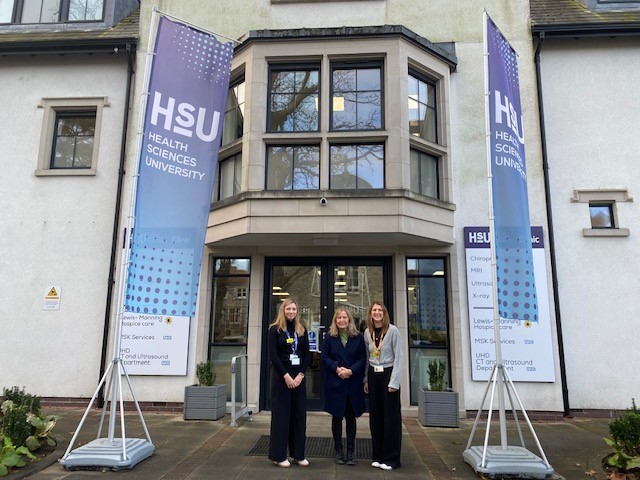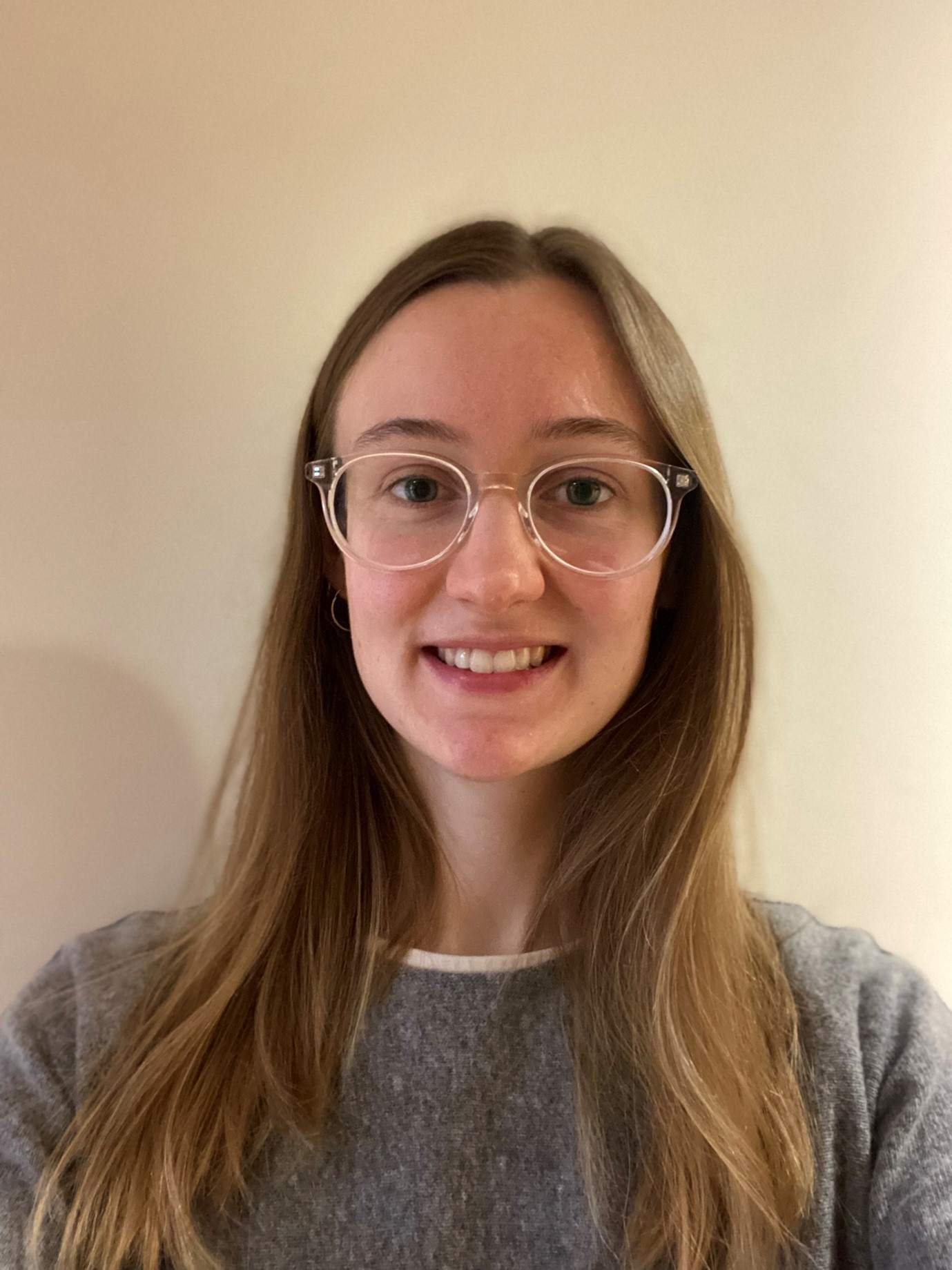Understanding fertility management at work
When trying for babies requires a ‘Worksome’
When trying for babies requires a ‘Worksome’

The decision to have children is influenced by the individual or a couple’s circumstances; however, infertility issues, particularly among working employees, can significantly negatively affect their performance and productivity in the workplace.
Infertility is characterised by the World Health Organization (2024) as a disease of the male and female reproductive system whereby a sexually active, non-contraceptive couple are unable to conceive after a period of time (usually 1 year). The World Health Organization (2023) reports that 1 in 6 individuals of working age, regardless of gender, face challenges related to infertility. Recent studies also indicate that 1 in 7 couples may have difficulty conceiving and especially that an increasing number of individuals in the working age group, typically between 30 to 49 years, are facing infertility challenges while actively attempting to conceive (CIPD, 2023; NHS, 2023). In ideal situations 8 out of 10 couples, where the woman is under 40, will naturally conceive within a year of trying regularly but the chances diminish significantly after a prolonged period of up to 3 years to 1 in 4, or less.
A key focus of this research is the premise that the adverse effects of infertility on individuals with active employment status may manifest as diminished mental health and wellbeing (CIPD, 2023) as well as physical capabilities. Employees facing infertility challenges frequently engage in medical interventions that require significant commitment regarding their mental and physical resources, as well as time. These demands can negatively influence their work performance and productivity when resources are relevant organisational support structures are lacking.
Email: adetola.adekunle@uco.ac.uk
This research study aims to enhance the understanding of organizational perspectives regarding the significance of infertility issues impact on the workforce. The study will analyse how businesses characterize their organizational understanding of employees’ infertility challenges by examining the current policies and practices implemented to support employees facing this often-stigmatized condition (Sullivan, 2023). There will be a focus on the stigmatization of infertility in the workplace, the flexibility of support available to individuals undergoing medical interventions for infertility, and the roles of leadership management and support, as well as working time and locational flexibility. This will be examined across various genders with lived experiences of infertility represented in the workplace, particularly to challenge the cultural misconceptions that only women experience infertility.
From the study findings a ‘fertility enablement at work’ support framework is expected to be developed to facilitate the adoption and implementation of tailored workplace policies and practices, which is effectively positioned to support employees’ infertility journeys at work.
Sample size aimed for is 250 survey participants from two key composition 1) Organizational leaders and HR practitioners responsible for workforce policy and practice development and implementation in organisations and 2) employees with lived experiences of infertility at work.
Practical problem-solving styled sessions where preliminary area of focus/concern themes identified from the first stage survey analysis are shared to create traction in proffering probable communal solutions to these identified themes from interested parties.
Results from both initial survey and challenge labs shared as a summary report in a forum structured as a Panel conversational discussion event. This event will be recorded, and then further conversational data analysed to complete the final set of data collection. The panel will also comprise of a purposive selection of panellists from the two key demographic categories indicated in the first stage.
The data collection stages are also used to ensure triangulation and validity of the study results.
Aim is to have 3 key output levels based on the outcome of the research as below:
Based on the 3 levels of output above the below are the expected study impact:

We have funding available via fee-waiver support for up to three UK home students. Applicants are asked to make it clear as part of their application that they are applying for this opportunity. Decisions will be made based on the excellence of the candidate.
Self-funded students are also welcome to apply for this project. Self-funded students can be UK home students or international students.

Available to both UK and International students.

Dr Adetola Adekunle – Senior Lecturer and Course Leader, Health Business School

CIPD (2023) Workplace support for employees experiencing fertility challenges, investigations or treatment: Exploring the effective provision and help that employers can offer their people. Accessed on February 20 2025 at https://www.cipd.org/uk/knowledge/reports/fertility-challenges/
Sullivan, T. (2023) The 2023 Workplace Infertility Stigma Survey: do UK workplaces offer sufficient support for employees on their fertility journeys? Accessed on January 12 2025 at https://www.fertilityfamily.co.uk/expert-opinions/the-2023-workplace-infertility- stigma-survey/
Discover and read all the latest news, press releases and happenings here at Health Sciences University.

Health Sciences University (HSU) recently hosted a thought-provoking panel discussion in celebration of International Day of Women and Girls in Science.

Dr Mahitha Naidu has recently graduated from the MSc Podiatry (Pre registration) course at Health Sciences University.

Health Sciences University, in collaboration with Dorset HealthCare, has launched a new Brain Health Clinic on its Bournemouth campus.

Carla tells us more about her experience of the course so far and what she enjoys about being part of the HSU community.

Dan Egelstaff is a First Year student on the MSc Occupational Therapy (pre-registration) course. The degree at Health Sciences University appealed to Dan when he was working as a Learning Disabilities Support Worker during the Covid-19 pandemic.

Natalia Purkiss is in her first year of the MSc Occupational Therapy (pre-registration) course at Health Sciences University.
Health Sciences University
Bournemouth Campus
Parkwood Road
Bournemouth
BH5 2DF
Health Sciences University
London Campus
275 Borough High Street,
London
SE1 1JE